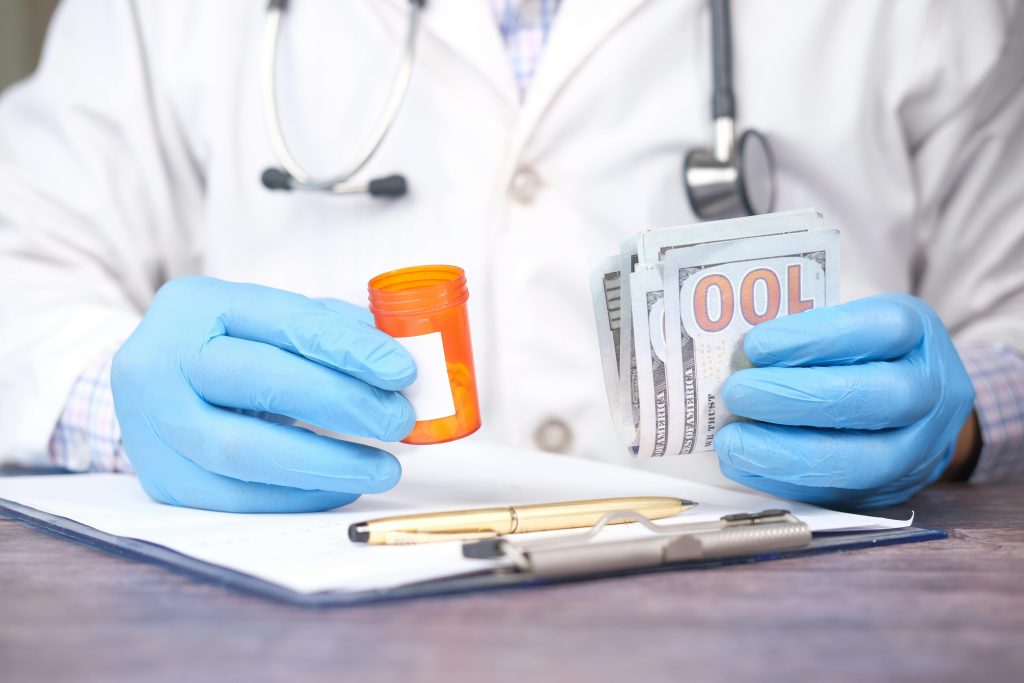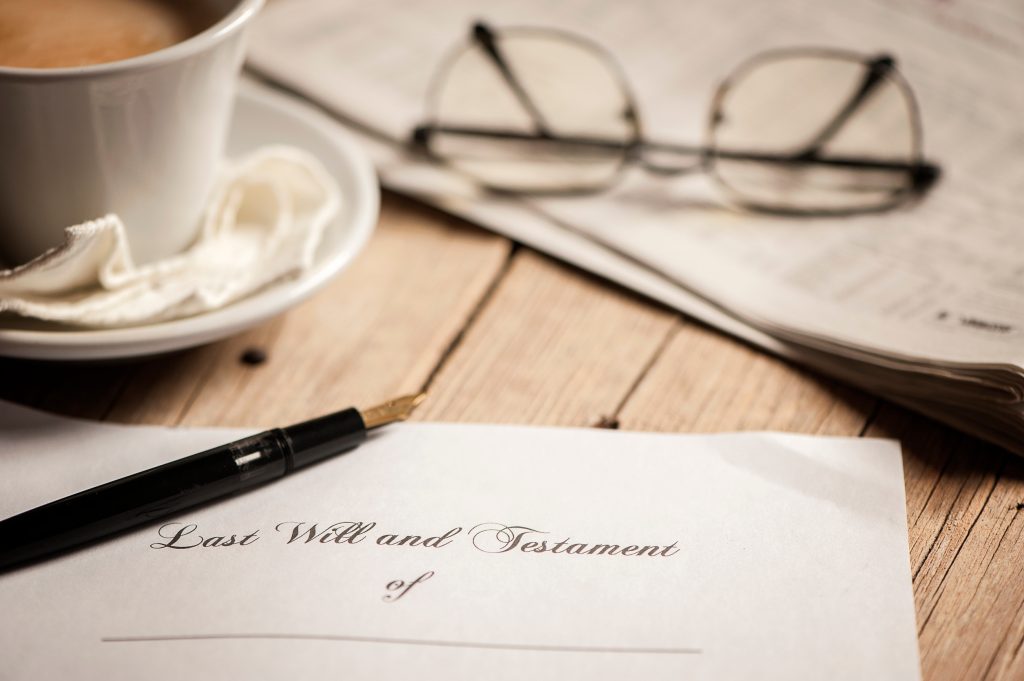

Medical debt has become an overwhelming problem for many Americans. The Survey of Income and Program Participation (SIPP) estimates that Americans owe at least $220 billion in medical debt. More often than not, this debt slips into collections and is left unpaid. But what if you die before you’re able to pay off your medical debt? Do medical bills die with you?
The short answer is medical bills don’t die with you. Medical debt though is considered unsecured debt. Unsecured debt includes things like student loans, credit card debt, and personal loans. These types of debt are handled differently than secured debt such as mortgages or car loans. While every situation is different, here we’ll share what happens to your debt after you die.
1. Your Estate is Responsible


Your estate will be responsible for your medical debt when you die. This means that all of your total assets will have to cover the cost of unpaid bills. If your estate is solvent, which means it can cover the debt, any unpaid medical bills will be settled during the probate process. Then any other assets will be distributed to heirs as dictated by the deceased person’s will. Some states however require heirs to be paid out first before any debts are settled.
2. Bill Collectors May Look to a Family Member to Pay
If your estate doesn’t have the funds to pay your medical debt, or is insolvent, usually the courts will determine how much creditors will receive for the debt. Sometimes, creditors completely write off the debt. Again, this is all dependent on federal and state laws. In some cases though, bill collectors may find next of kin to repay the debt such as a spouse, especially if you live in a community property state like California. If medical bills were co-signed, that person may be responsible for your unpaid debt.
3. Filial Responsibility Laws


More than half of states have laws where adult children are responsible for their parent’s medical bills if they can’t pay. Usually, these laws don’t have to be enforced because Medicaid will cover the cost of these expenses. If the medical services aren’t covered by Medicaid though, your children could have to foot the bill.
4. Medicaid May Ask Your Estate to Repay Them
If you are a Medicaid recipient and over 55, when you die your state’s Medicaid may pursue your estate. Bills from nursing home care, hospital stays, or prescriptions could be collected from your estate. Your survivors won’t be held responsible, and debts will only be collected if you are not survived by a spouse or children under 21.
5. Does Medical Debt Effect Credit Scores?
Medical debt is handled differently than other forms of debt. However, if your medical debt is sold to a third-party collection agency, it can negatively impact your credit score after a period of time. Collection accounts for medical debt stay on your credit report for seven years which can significantly damage your credit.
Do Medical Bills Die with You?
While medical bills don’t die with you, how they are repaid after your death may vary. Each situation is unique so it’s best to contact an estate lawyer to discuss your specific situation. Are you worried about medical debt after you die? Leave your questions in the comments.
Read More


Teri Monroe started her career in communications working for local government and nonprofits. Today, she is a freelance finance and lifestyle writer and small business owner. In her spare time, she loves golfing with her husband, taking her dog Milo on long walks, and playing pickleball with friends.


Leave a Reply